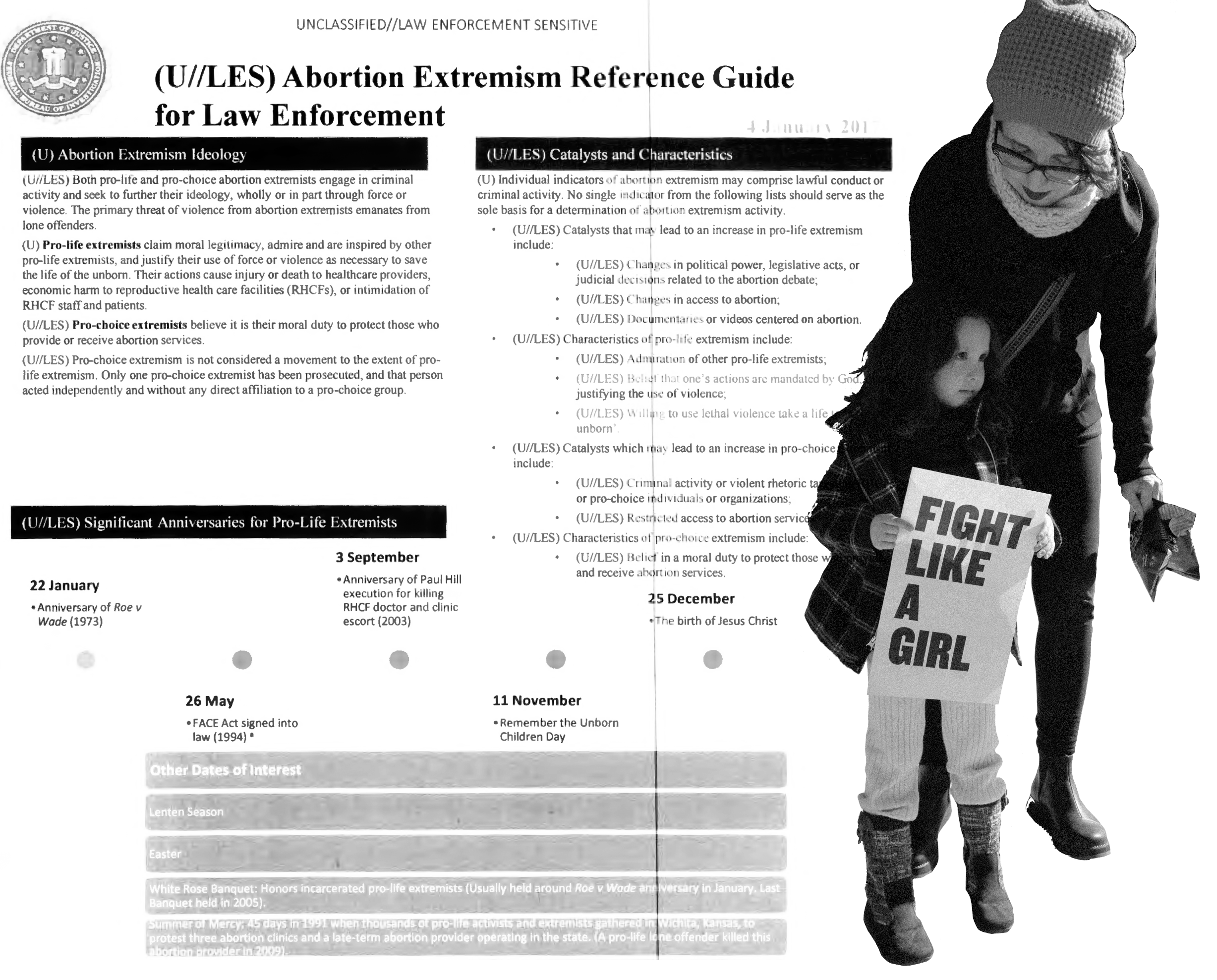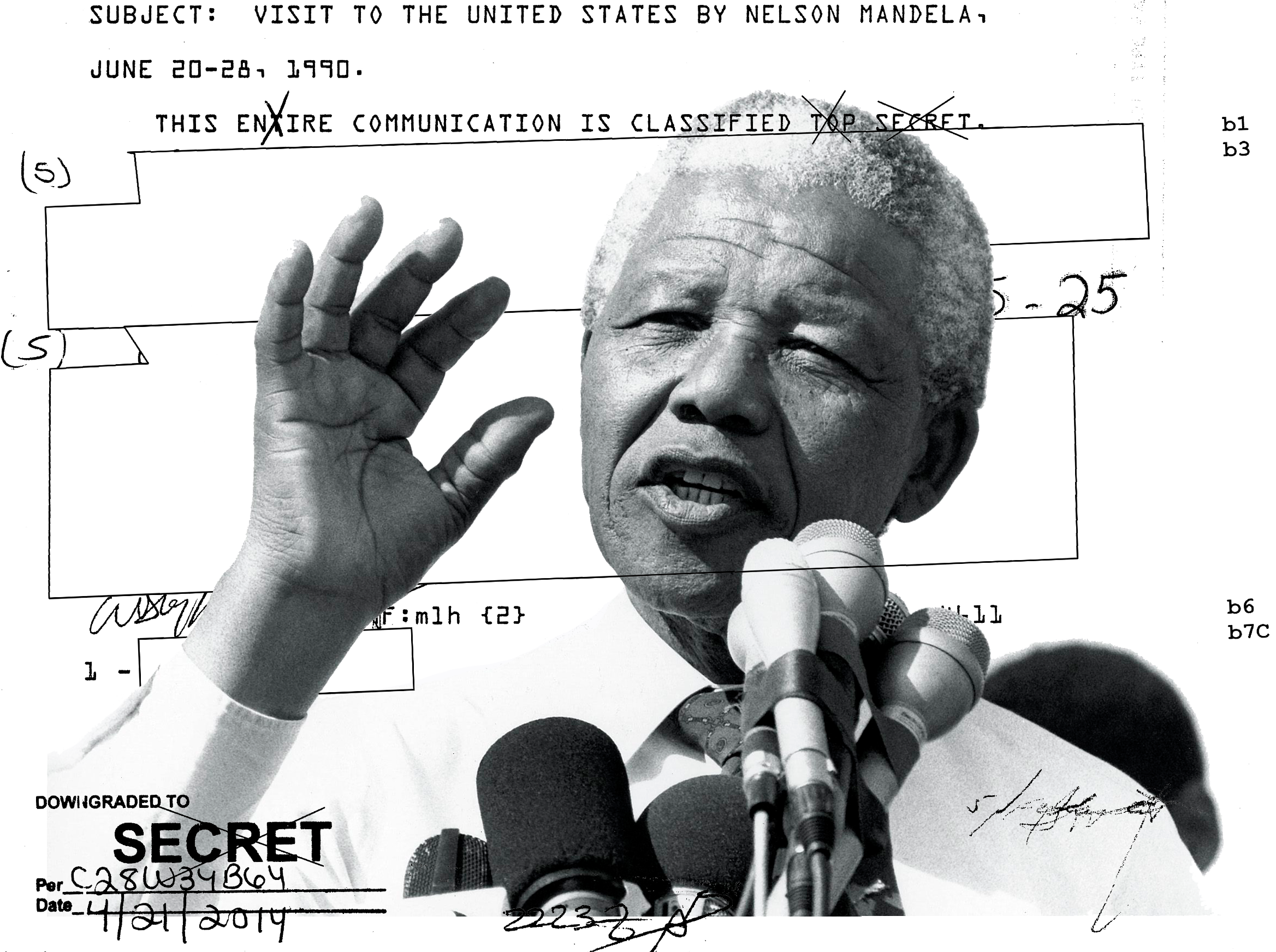WASHINGTON, DC — Investigative journalist Jason Leopold and Massachusetts Institute of Technology (MIT) PhD candidate Ryan Shapiro filed a lawsuit this morning against the Central Intelligence Agency. The suit is over the CIA’s failure to comply with Leopold and Shapiro’s Freedom of Information Act (FOIA) request for records on the CIA’s alleged spying on the Senate Select Committee on Intelligence’s (SSCI) review of the CIA’s notorious rendition, detention and interrogation (RDI) program.
As detailed in an exclusive report by Natasha Lennard for Vice News, through their FOIA request and lawsuit, Leopold and Shapiro seek to shed light on a critical yet little-understood ongoing controversy frequently described as a possible constitutional crisis.
Jason Leopold is an investigative journalist covering counterterrorism and human rights. He has been called a “FOIA Terrorist” by federal employees for his aggressive use of the Freedom of Information Act, which includes successfully suing the FBI to force changes to Bureau FOIA practices.
Ryan Shapiro, a FOIA specialist, is an historian of the political functioning of national security and the policing of dissent. Shapiro’s pathbreaking FOIA work has already led the FBI to declare his MIT dissertation research a threat to national security.
Leopold and Shapiro are represented by Washington, DC-based FOIA specialist attorney Jeffrey Light.
Three key elements of Shapiro and Leopold’s FOIA request and lawsuit:
1. The records at issue pertain directly to a possible ongoing constitutional crisis:
As editorialized by a leading newspaper opining on the matter, “Government spying from Washington has become government spying on Washington and may have escalated into a full constitutional crisis.”
Along these lines, SSCI Chairwoman Senator Dianne Feinstein (D-CA) herself flatly accused the CIA of obstructing and surveilling her Senate committee’s review of the CIA’s RDI program. Highlighting the “grave implications of Executive Branch personnel interfering with an official congressional investigation[,]” Senator Feinstein declared the CIA’s actions “may well have violated the separation of powers principles embodied in the United States Constitution, including the Speech and Debate clause. It may have undermined the constitutional framework essential to effective congressional oversight of intelligence activities or any other government function.” Feinstein continued that the CIA’s actions, “may also have violated the Fourth Amendment, the Computer Fraud and Abuse Act, as well as Executive Order 12333, which prohibits the CIA from conducting domestic searches or surveillance.” Feinstein concluded by remarking that the outcome of this affair will determine whether the Senate “can be effective in monitoring and investigating our nation’s intelligence activities, or whether our work can be thwarted by those we oversee.”
In like fashion, Senator Lindsey Graham (R-SC) characterized the CIA’s actions as “Richard Nixon stuff” “dangerous to the democracy” and that “heads should roll, people should go to jail if it’s true.”
2. The public war of words between the Senate and the CIA, as well as the continuing inability of the American people to know the truth about confirmed CIA torture and alleged CIA spying on its Congressional overseers, led Leopold and Shapiro to file a wide-ranging Freedom of Information Act request to the CIA seeking:
a) A copy of all written agreements and correspondence between the SSCI (including Senators on the committee, their staff, and committee staff) and the CIA (or its agents, including contractors) which set forth the terms under which SSCI staffers would be permitted to access CIA documents at the secure CIA facility in Virginia.
b) A copy of all records documenting any CIA investigation into the search of SSCI’s computers at the secure facility in Virginia, including any records generated by the CIA’s Inspector General in the course of any investigation; records referring the incident(s) to the Department of Justice for investigation; and correspondence between the SSCI (including Senators on the committee, their staff, and committee staff) and the CIA (or its agents, including contractors) which discuss the event.
c) A copy of all records documenting any CIA investigation into the removal of the Panetta Review, including any records generated by the CIA’s Inspector General in the course of any investigation; records referring the incident(s) to the Department of Justice for investigation; and correspondence between the SSCI (including Senators on the committee, their staff, and committee staff) and the CIA (or its agents, including contractors) which discuss the event.
d) For any CIA contractor responsible for reviewing records relating to the CIA’s former Detention and Interrogation Program before access was provided to SSCI staff, a copy of the contract, the request for proposal, proposal, bid solicitation, and bid.
e) A copy of any and all talking points (in draft and final form) and any and all guidance issued to the CIA’s Office of Public Affairs about the ongoing dispute between the Central Intelligence Agency (CIA) and the Senate Select Committee on Intelligence (SSCI) over the SSCI’s review of the CIA’s former Detention and Interrogation Program.
3. The CIA has failed to comply with Leopold and Shapiro’s FOIA request and is now in violation of the Freedom of Information Act. Consequently, Leopold and Shapiro have filed a lawsuit to compel CIA compliance with their FOIA request for records on this affair.
According to Shapiro:
“The U.S. intelligence community is notorious for its profound hostility to transparency. In the present case, the CIA appears to have spied upon the very Senate intelligence committee tasked with overseeing the CIA’s torture program, while at the same time smearing that Senate committee’s review with unsupported allegations of criminality. Now, the CIA is further flouting transparency by refusing to comply with our FOIA request for records on this troubling affair. The democratic process cannot meaningfully function without an informed citizenry, and such a citizenry is impossible without broad public access to information about the operations of government. It’s time for the CIA and the rest of the U.S. intelligence community to recognize transparency not as a threat, but rather as an essential component of viable democracy.”
A complete copy of the complaint filed in court this morning can be viewed HERE
To arrange an interview with Jason Leopold and Ryan Shapiro, please email or text Andy Stepanian at andy@sparrowmedia.org or 631.291.3010. You can follow Jason Leopold on twitter at @JasonLeopold and Ryan Shapiro on twitter at @_rshapiro



